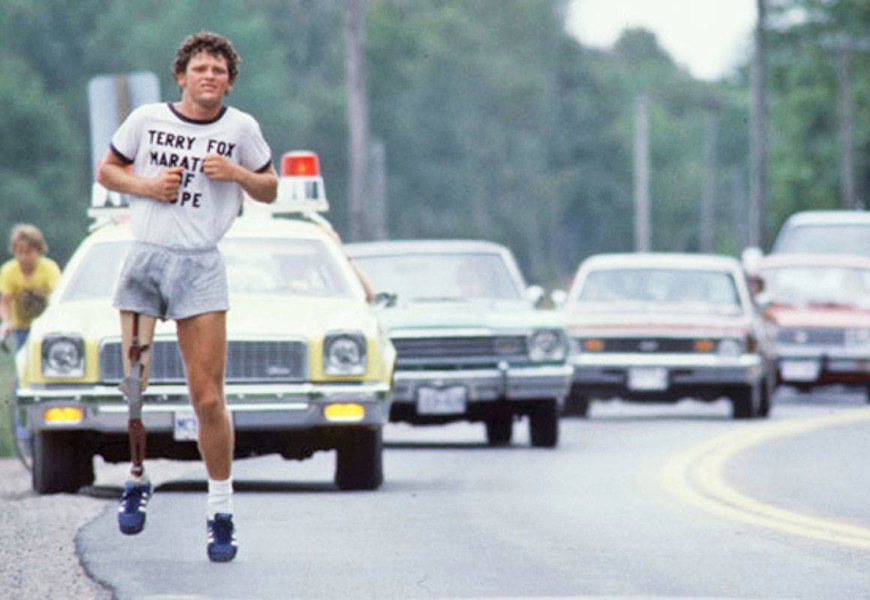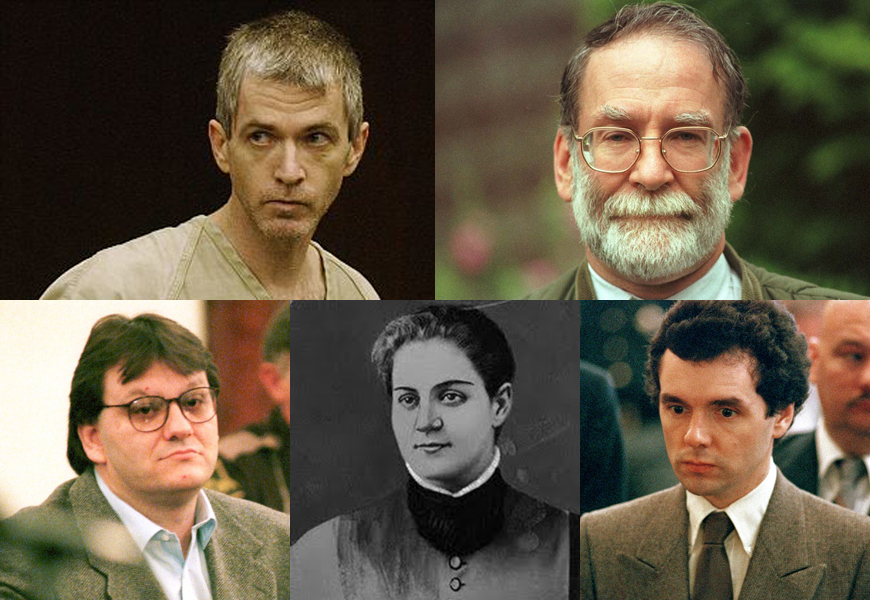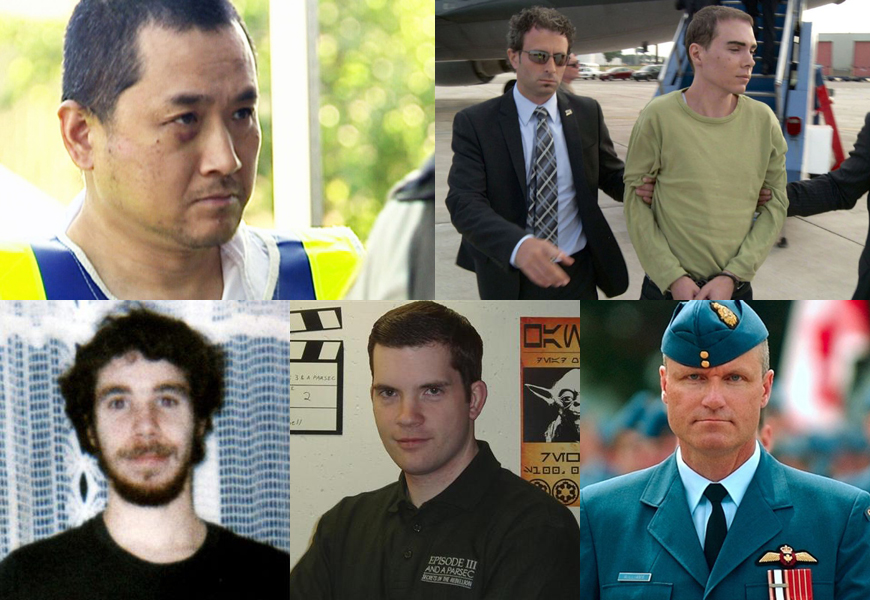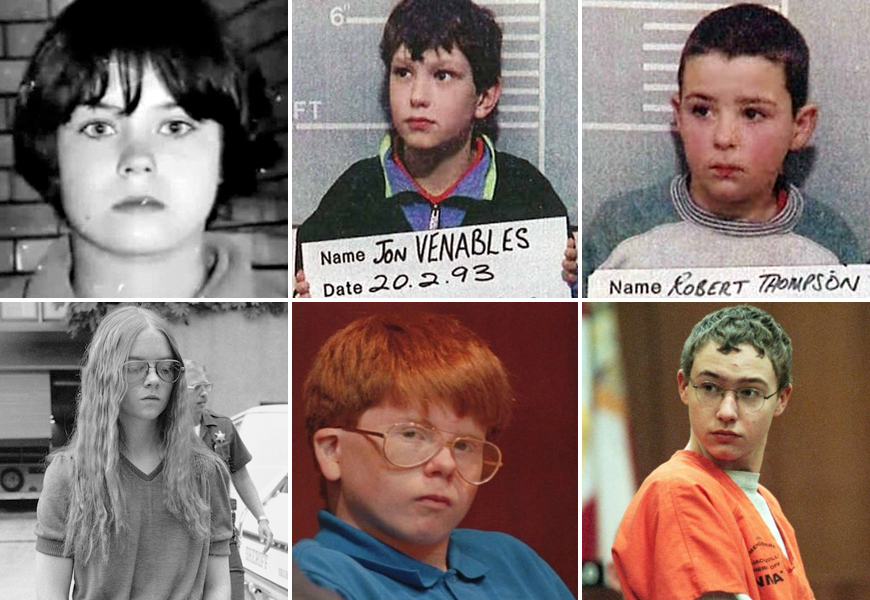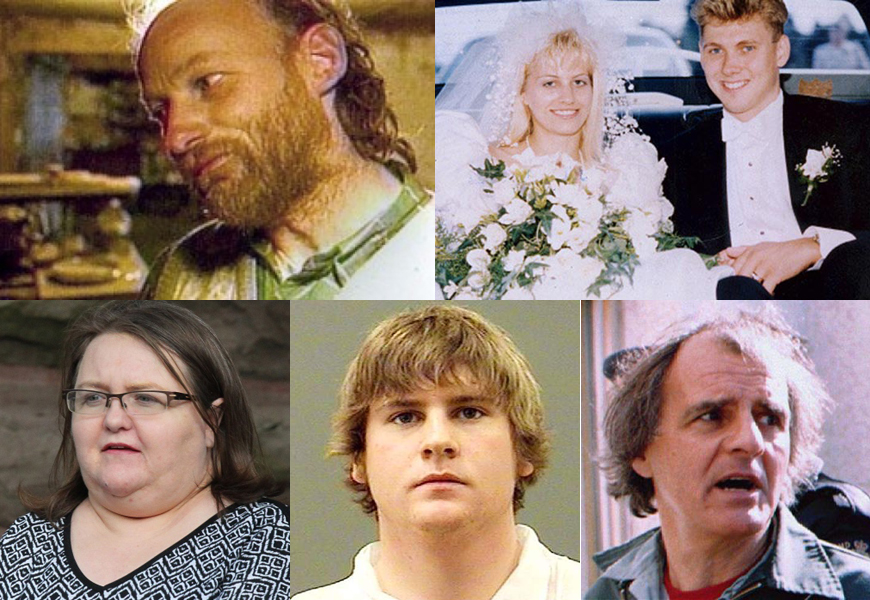Terry Fox is one of Canada’s most beloved national heroes….
Terry Fox is a symbol of hope in Canadian history and a pivotal movement in the battle against cancer. His Marathon of Hope, a cross-country run to raise money for cancer research in 1980, has inspired millions through the years.
Fox was born on July 28, 1958, in Winnipeg, Manitoba, and moved with his family to Surrey, British Columbia, in 1966, before the family settled in Port Coquitlam in 1968. After losing his right leg to cancer at age 18, Fox decided to run across Canada to raise awareness and money for cancer research. On October 15, 1979, Fox sent a letter to the Canadian Cancer Society in which he announced his goal and appealed for funding. He stated that he would “conquer” his disability, and promised to complete his run, even if he had to “crawl every last mile”. Explaining why he wanted to raise money for research, Fox described his personal experience of cancer treatment:
“I soon realized that that would only be half my quest, for as I went through the 16 months of the physically and emotionally draining ordeal of chemotherapy, I was rudely awakened by the feelings that surrounded and coursed through the cancer clinic. There were faces with the brave smiles, and the ones who had given up smiling. There were feelings of hopeful denial, and the feelings of despair. My quest would not be a selfish one. I could not leave knowing these faces and feelings would still exist, even though I would be set free from mine. Somewhere the hurting must stop….and I was determined to take myself to the limit for this cause.”
With the use of a customized running prothesis, he set out from St. John’s, Newfoundland, on April 12, 1980 and covered 5,373 km in 143 days — an average of 42 km (26 miles) per day. He was forced to stop his Marathon of Hope just outside Thunder Bay, Ontario, on September 1, 1980, when cancer had invaded his lungs. He died on June 28, 1981, one month before his 23rd birthday.
Fox’s Marathon of Hope might have ended in the fall of 1980, but his dream did not. It continues to live on in the hearts and actions of millions who are inspired by his unwavering spirit and determination to make a difference.
Though many know the general story of Fox’s incredible journey, there are a few lesser-known facets to his life and legacy that you might not have known. Here are ten things you might not know about this remarkable young man.
Multi-sport athlete
Before his diagnosis, Fox was an active athlete, playing soccer, rugby, and basketball. He even won the title of his high school’s Athlete of the Year in his senior year.
Prosthetic limitations
Fox’s prosthetic leg was not designed for running. The basic design caused significant pain and abrasions, but he pressed on, adjusting his running style to cope.
An early start
During the Marathon of Hope in 1980, Fox would begin his day around 4 or 5 in the morning to avoid traffic and the summer heat, typically running close to a marathon a day (around 26 miles or 42 kilometers).
An unscheduled end
Fox had initially planned to end his Marathon of Hope in Stanley Park in Vancouver. The physical demands of running a marathon every day took their toll on Fox’s body and he ultimately had to halt his run outside of Thunder Bay, Ontario when he discovered that his cancer had returned and spread to his lungs.
A strong will
Fox was known to be quite determined. During his run, despite facing inclement weather, fatigue, and even a minor car accident, he rarely took a day off. Apart from a few rest days in Montreal taken at the request of the Cancer Society, he refused to take a day off, even on his 22nd birthday.
International influence
Fox’s influence is not limited to Canada. After his death, the “Terry Fox Runs” became a worldwide event. To date, these runs have been held in over 60 countries, and the legacy of his mission has touched countless lives globally.
Posthumous recognition
In 1980, Fox was named a Companion of the Order of Canada, the country’s highest civilian honor. At just 22, he was the youngest person ever to receive this recognition.
A dedicated research institute
The Terry Fox Research Institute, founded in 2007, continues to further Fox’s dream of finding a cure for cancer through research collaboration and funding across Canada.
Inspired music
Several musicians have written songs in honour of Fox, including Canadian icon Stompin’ Tom Connors, who wrote “Run Fox Run.” These songs are a testament to how deeply Fox touched the hearts of many.
Legacy in education
Numerous schools across Canada are named after Terry Fox, ensuring that new generations learn about his legacy, his dedication, and his hope for a cancer-free future.

